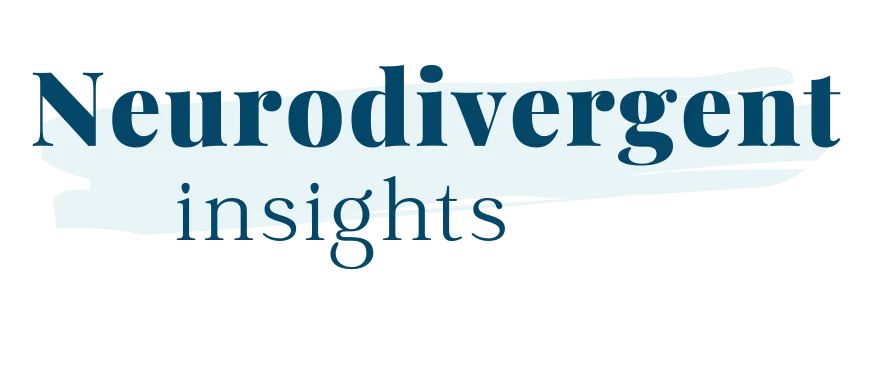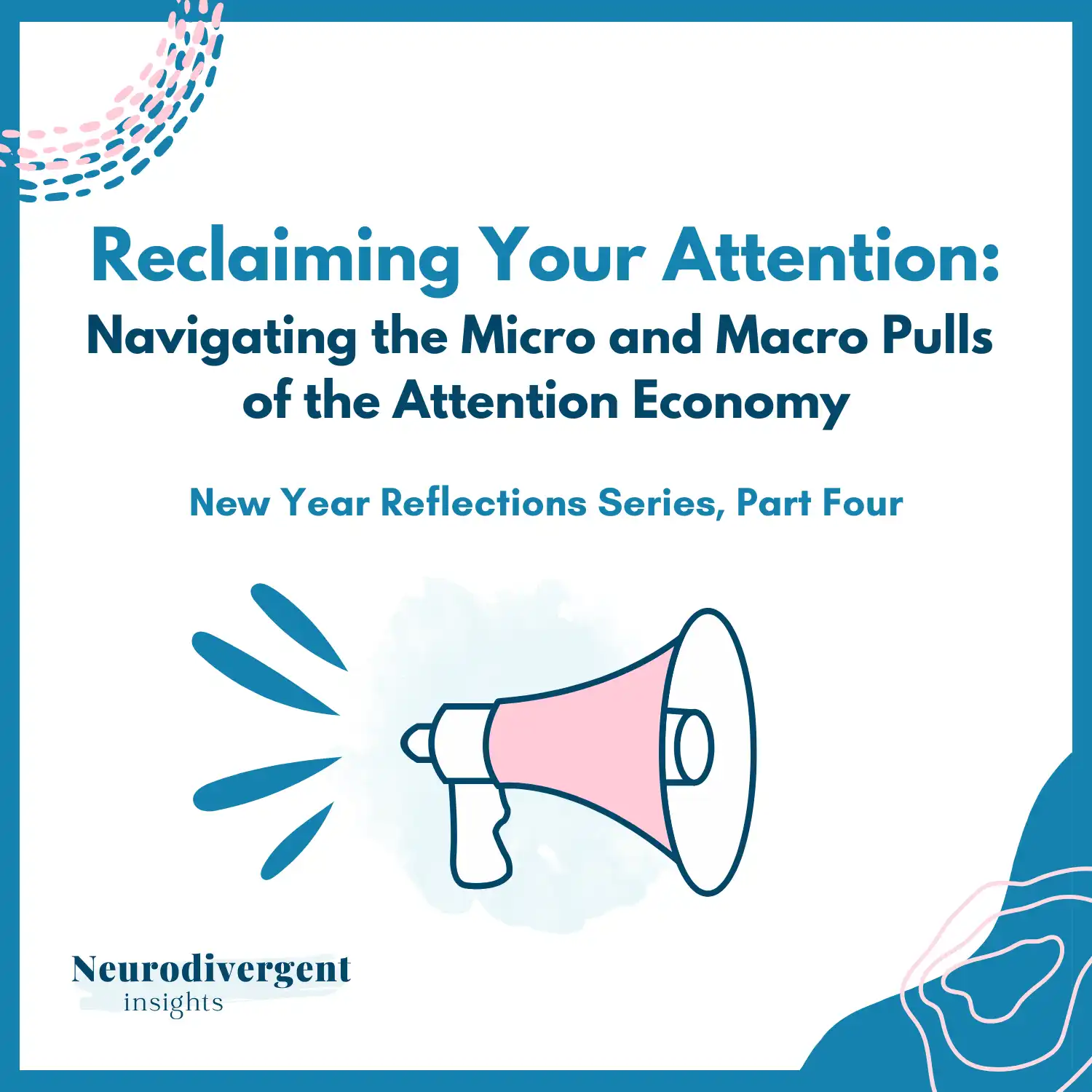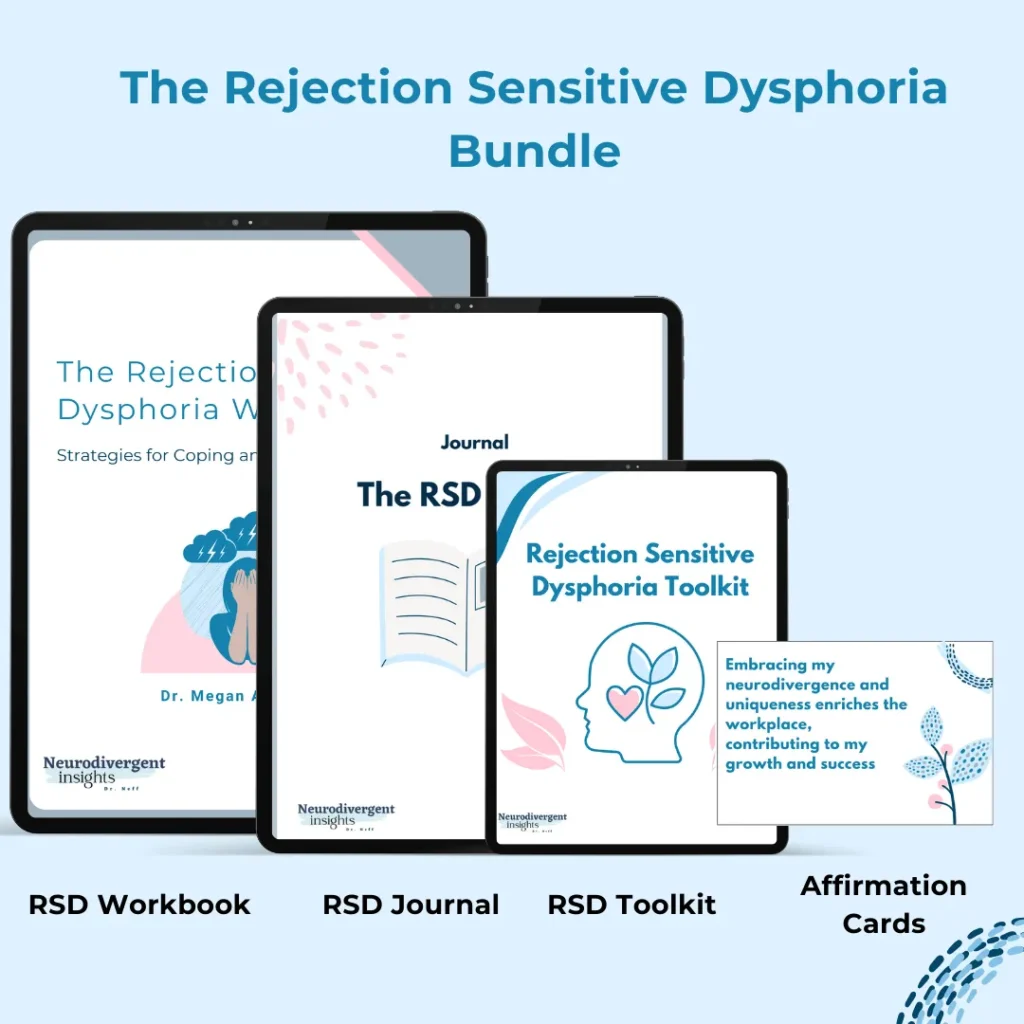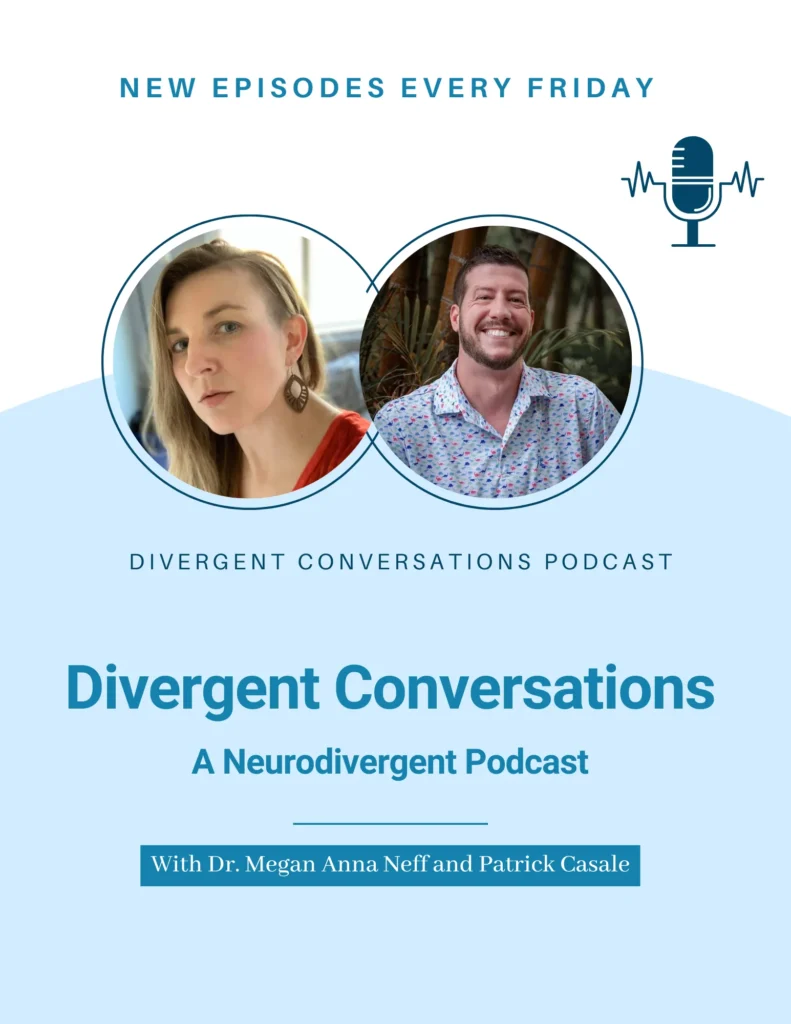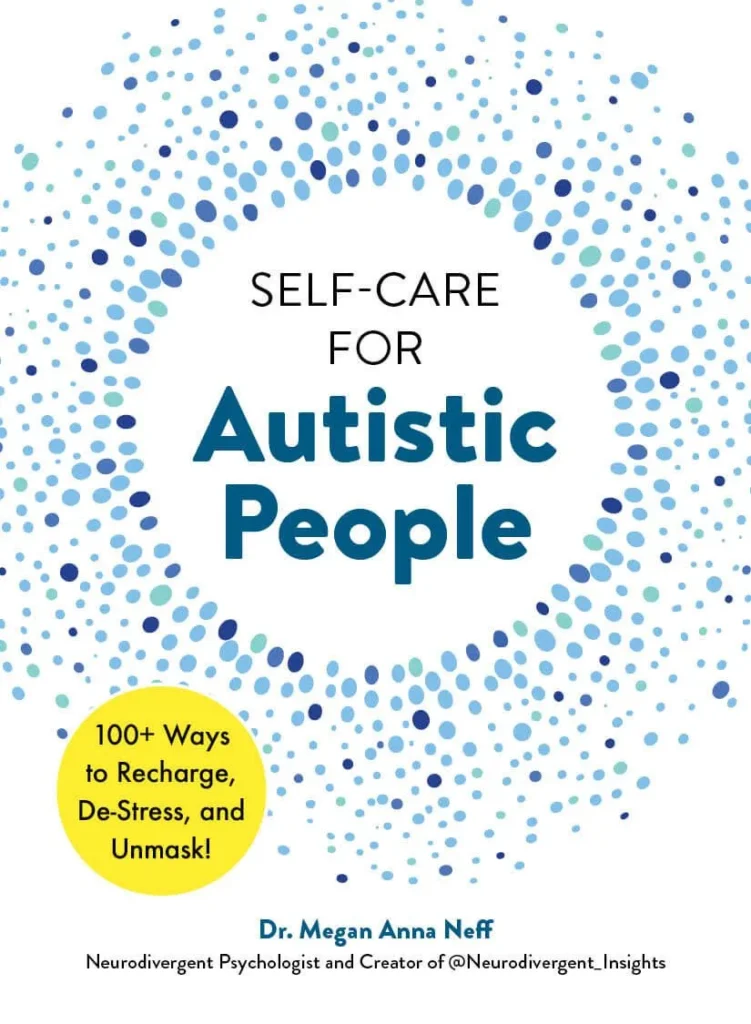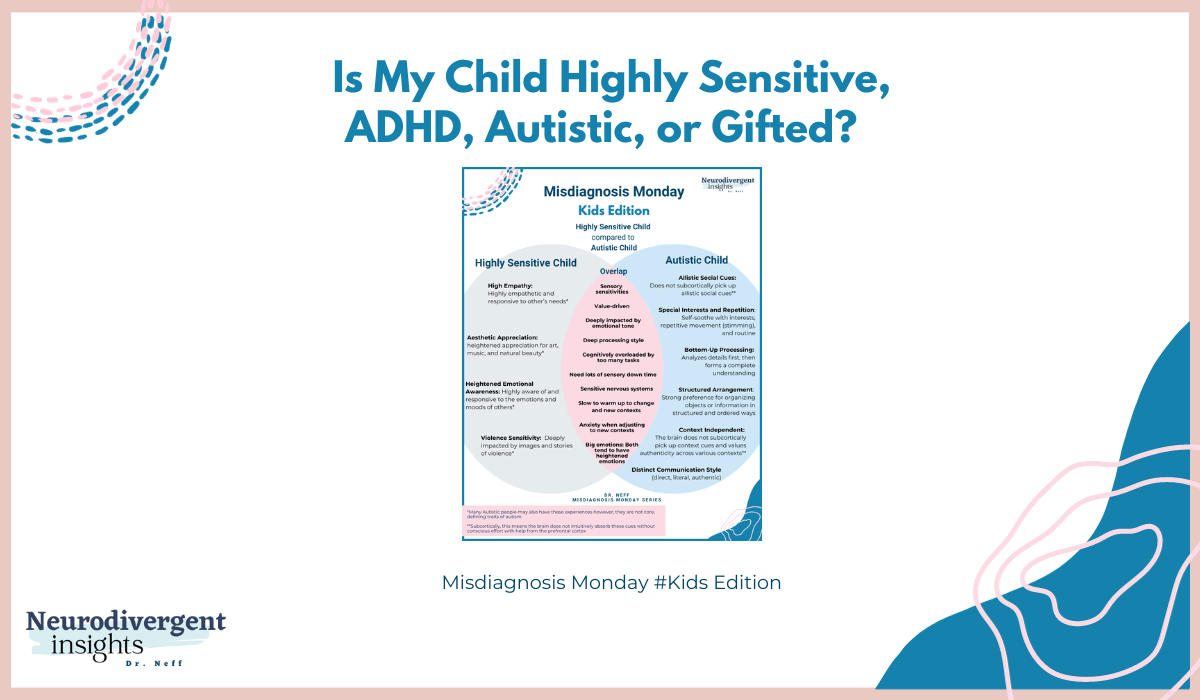
In October, I’m speaking at the Master the Art of Parenting Your Sensitive Child Summit, which has got me thinking about what exactly even is a sensitive child? And how does their sensitivity intersect with other aspects such as ADHD, autism, and giftedness? And how does it differ? The reality is that these distinctions are rarely clear-cut. Personally, I’m navigating the parenting journey with a child who embodies the unique blend of ADHD, giftedness, HSP, and OCD traits, alongside another who is both Autistic, ADHD, and gifted with traces of HSP. Highly sensitive children often exist within the intricate overlap of various neurodivergent traits.
For a recap on what a highly sensitive child is, check out last week’s post; this week, we’ll dive right in by looking at highly sensitive children and various forms of neurodivergence, like autism, ADHD, giftedness, and sensory processing disorder.
Highly Sensitive Children and Neurodivergence
Before delving into the intricate relationship between highly sensitive children and various forms of neurodivergence, it’s essential to address a fundamental question: Is the concept of a highly sensitive child a valid one? Many children who are classified as highly sensitive may also be neurodivergent or contend with conditions like anxiety or sensory processing disorders. In this section, we will explore these common forms of neurodivergence that often overlap with the highly sensitive child experience.
Is Highly Sensitive Child a Real Thing?
Before delving into a comparison between highly sensitive children and neurodivergent individuals, let’s first address a common question that often arises: “Is the concept of a Highly Sensitive Child even valid?” The answer to this question is both yes and no, depending on what one means by “valid.”
-
Is it a recognized mental health or medical diagnosis? No, it is not.
-
Is there substantial research aligning with the broad concept of highly sensitive children and individuals? Yes, there is.
The term “Highly Sensitive Child” serves as somewhat of an umbrella term that encompasses the experiences of individuals with heightened sensitivity. Extensive research in personality psychology highlights innate temperament’s significant role in shaping our personalities. Additionally, studies like the research on environmental sensitivity to context (discussed in last week’s post) further confirm that some children exhibit greater sensitivity to their environment than others.
The challenge with this term arises when it leads to the oversight of other underlying conditions or forms of neurodivergence, such as Autism, ADHD, sensory processing disorders, or anxiety, because the adults in the child’s life assume that being Highly Sensitive explain all of the child’s experiences. In such cases, it is unfortunate because it means the child may not receive the accommodations that could support their distinct brain style, nor do they gain access to an identity and community that could help them better understand themselves.
In summary, it could be argued that the concept of a Highly Sensitive Child is valid. However, it is essential to exercise caution and not overly attribute various forms of neurodivergence solely to this lens.
Highly Sensitive Children and Sensory Processing
The majority of sensitive children also have Sensory Processing Sensitivity (SPS), also known as sensory processing sensitivity trait, which is a personality trait characterized by increased sensitivity and responsiveness to sensory stimuli. This trait is believed to affect approximately 15-20% of the population and can manifest in various ways (Malinakova et al., 2021). However, this is distinct from sensory processing disorder which impacts how the brain filters and processes sensory information.
What is Sensory Processing Sensitivity?
People with sensory processing sensitivity tend to have heightened awareness and sensitivity to sensory information, such as sounds, lights, smells, textures, and emotions. They may be more easily overwhelmed by loud noises, bright lights, and crowded environments and may have a lower tolerance for certain types of stimuli.
People with sensory processing sensitivity often experience emotions more strongly and deeply than others. They may be more empathetic and have a greater ability to pick up on subtle emotional cues from others. This heightened emotional sensitivity can make them more prone to feeling overwhelmed or easily overstimulated in certain situations.
SPS is believed to have a genetic basis, and it is thought to be a normal trait that is present in a minority of the population. It is not considered a disorder or a mental health condition but rather a personality characteristic.
Sensory Processing Sensitivity (SPS):
-
Common Trait: High sensitivity to sensory input, such as sights, sounds, smells, textures, and tastes.
-
Not a Diagnosis: SPS is not a formal medical or psychological diagnosis but rather a personality trait.
-
Varied Responses: Children with SPS may respond to sensory input more intensely, but these responses can vary widely from person to person.
-
Strengths: Often displays heightened perceptiveness, creativity, thoughtfulness, and empathy.
-
Appreciation for Sensory Experiences: May have a deep appreciation for art, music, nature, and aesthetic details.
-
Intuitive Abilities: May excel in fields requiring intuition, emotional connection, or attention to detail.
What Is Sensory Processing Disorder?
Sensory Processing Disorder (SPD), on the other hand, is a neurological condition (or form of neurodivergence) characterized by difficulties in processing and responding to sensory information from the environment. Sensory Processing Disorder (SPD) involves atypical patterns of how the brain processes sensory information, often resulting in heightened or diminished responses to sensory stimuli, and some researchers have theorized that it may be linked to a hyperconnected or hyper-responsive neural network in specific sensory regions of the brain.
Children with SPD may experience heightened sensitivity or, conversely, reduced sensitivity to various sensory stimuli, such as touch, sound, taste, or smell. This atypical sensory processing can lead to significant challenges in everyday activities and social interactions.
Sensory Processing Disorder (SPD):
-
Diagnosis: SPD is classified as a neurological condition recognized by some healthcare providers and specialists.
-
Consistent Challenges: Children with SPD consistently struggle to process sensory information, impacting daily functioning.
-
Specific Symptoms: Symptoms may include sensory-seeking or sensory-avoiding behaviors, difficulty with sensory modulation, sensory-related anxiety, as well as sensory shutdowns and sensory meltdowns.
-
Therapeutic Intervention: Often requires therapeutic interventions, such as sensory integration therapy.
-
Not a Personality Trait: Unlike SPS, SPD is considered a neurological condition that affects sensory processing rather than categorized as a temperament or personality trait.
Sensory Processing Disorder is a distinct condition from Sensory Processing Sensitivity (SPS), which is considered a normal variation in sensory processing observed in highly sensitive individuals. SPS is not classified as a neurological disorder and does not necessarily require therapeutic intervention.*
The Double-Edged Coin Of Sensitive Sensory Processing
Both highly sensitive children with Sensory Processing Sensitivity (SPS) and those with Sensory Processing Disorder (SPD) may face challenges in certain environments or situations, but they also tend to possess unique strengths. These children may demonstrate heightened perceptiveness, creativity, and thoughtfulness. They often exhibit a deep appreciation for art, music, and nature, and may excel in fields that require attention to detail, intuition, or an ability to connect with others on an emotional level.
Understanding and acknowledging sensory processing sensitivity, often present in sensitive children with SPS, as well as the potential presence of SPD, can empower parents to assist their child in navigating their environments with greater agency. This may involve creating sensory-friendly environments, encouraging self-care practices, and seeking support and understanding from others.
Is A Highly Sensitive Child Autistic?
Highly sensitive children and autism are distinct concepts, but they can sometimes intersect. Highly sensitive children have a heightened awareness and strong reactions to stimuli, including noise, light, and emotional situations. They may also be empathetic and can be easily overwhelmed by new contexts and changes.

HSP and Autistic Similarities
-
Heightened Sensory Awareness: Both HSP and autistic individuals often have a heightened awareness of sensory stimuli, including sensitivities to noise, light, touch, and other sensory inputs. Sensory sensitivities experienced by highly sensitive children can overlap with those seen in Autistic children, leading to sensory overload and meltdowns.
-
Emotional Reactivity: Both groups may exhibit strong emotional reactions to external stimuli or situations, which can lead to overwhelm or overstimulation.
-
Overwhelm in New Contexts: Both HSP and autistic individuals may struggle with transitions or new environments, finding them overwhelming or anxiety-inducing.
-
Emotional Tone: Both tend to be highly impacted by the emotional tone in the room or other people’s energy.
-
Value-Driven: Both often exhibit strong reactions to injustice, with their values deeply intertwined with their identity.
-
Sensitive Nervous Systems: Both groups typically possess highly sensitive nervous systems, which react rapidly and intensely to external stressors and stimuli.
HSP and Autistic Differences
In contrast to highly sensitive children, autism encompasses a broader range of characteristics beyond sensitivity alone. Autism is characterized by a distinct brain style that involves:
-
Bottom-Up Processing Style: Autism often involves a deep, bottom-up processing style, which may not be as characteristic of HSP.
-
Special Interests and Repetition: Autistic individuals often exhibit intense interests in specific topics or activities, frequently engage in repetitive behaviors, and find comfort in routine, which may not be as prominent in HSP.
-
Distinct Communication Style: Autism is associated with a distinct communication style that tends to be direct, literal, and authentic, while HSP individuals may not necessarily share these communication traits.
-
Self-Soothing Mechanisms: Autistic children frequently use self-soothing mechanisms like stimming (repetitive movements or sounds) and prefer predictability and routine, which may not be as prevalent in HSP.
-
Structured Arrangement: Many autistic individuals have a preference for organizing objects or information in structured and ordered ways, while HSP individuals may not have this particular trait.
-
Context Independent: Context Independence: The brain does not subcortically pick up context cues and values authenticity across various situations.**
-
Empathy Variance: While many Autistic people exhibit hyper-empathy some also experience hypo-empathy
-
Allistic Social Cues: Does not subcortically pick up allistic social cues
-
*Subcortically, this means the brain does not intuitively absorb these cues without conscious effort with help from the prefrontal cortex
-
These distinctions highlight that while both groups share some similarities in sensory sensitivity and emotional reactivity, autism is a distinct form of neurodivergence (neurotype) with a unique set of characteristics that extend beyond sensory processing and emotional responses.These elements collectively contribute to the distinct profile of autism, differentiating it from the trait of high sensitivity found in children.
Many Autistic children may also exhibit traits of being highly sensitive. However, not all highly sensitive children have autism, and not all Autistic children are highly sensitive. It’s essential to consider the whole picture and avoid making assumptions based solely on traits associated with either group.
The support needs of highly sensitive children and Autistic children do share some overlap. Both require highly attuned strategies to create a calm and predictable environment, benefit from sensory breaks and need coping and stress reduction mechanisms. Additionally, both are sensitive to the emotional tone of their environment and thrive in calm surroundings. Understanding and addressing these shared needs can create more supportive environments for all children, regardless of their unique neurodivergent traits.
Highly Sensitive Children and ADHD
Similarly to highly sensitive children and autism, there is also an overlap between highly sensitive children and ADHD. ADHD, similarly to autism, is classified as a neurodevelopmental condition (a distinct neurotype) characterized by difficulties with regulating attention and emotions and hyperactivity and impulsivity. Children with ADHD may struggle with focusing on tasks, have trouble sitting still, and act impulsively without awareness of the consequences.
Although highly sensitive children and children with ADHD are distinct, there can be some overlap. For example:
HSP and ADHD Similarities
-
Both groups may struggle with difficulty focusing and becoming easily overwhelmed (but for different reasons).
-
Many ADHD children exhibit sensitive responses to stimuli, which contributes to distractibility.
-
Similarly, many children with ADHD experience a sensitive response to perceived rejection, known as rejective sensitive dysphoria, leading to a sensitive emotional profile.
-
Children with ADHD often display a heightened sensitivity to their emotional environment and may face challenges in distinguishing their emotions from those of others.
HSP and ADHD Differences
-
Highly sensitive children primarily have sensory processing sensitivity, which may lead to heightened awareness of environmental stimuli.
-
Children with ADHD typically have challenges related to executive functioning, impulse control, and hyperactivity, which contribute to their difficulties in focus and self-regulation.
-
While both groups may exhibit emotional sensitivity, the underlying causes and expressions of this sensitivity can differ. Highly sensitive children may be more empathetic and emotionally responsive to others, while children with ADHD may struggle with emotional regulation due to impulsivity.***
-
Highly sensitive children often have a deep appreciation for art, music, and nature, while children with ADHD may excel in fields requiring novelty and excitement.
Not all highly sensitive children have ADHD, and not all children with ADHD are highly sensitive. However, for those who fall into both categories, it can present additional struggles. These children may be more vulnerable to feeling overwhelmed and anxious in their daily lives, and they may require strategies and support that address both their sensitivity and their ADHD traits.
In working with highly sensitive children with ADHD, it can be helpful to create an environment that minimizes sensory overload and provides a calm and predictable routine. This may involve reducing noise levels, providing visual cues for transitions, supporting underlying executive functioning struggles, and allowing for regular breaks. It is also important to provide emotional support and teach coping skills for managing the emotional intensity that may accompany both being highly sensitive and having ADHD.
Highly Sensitive Children and Giftedness
Giftedness is a similar concept to highly sensitive child in that it is not a formal medical diagnosis but both broad concepts that capture the experience of children. Highly sensitive children and giftedness are two separate experiences but can also overlap at high rates. Highly sensitive children are those who have a heightened sensitivity to their environment and stimuli, including emotions and sensory experiences.
Giftedness, on the other hand, refers to exceptionally high intelligence or talent in specific areas. Gifted children may have advanced cognitive abilities, such as exceptional problem-solving skills, creativity, or a deep knowledge in a particular subject area. They may also show a high level of curiosity and a strong desire to learn. Giftedness is much more nuanced than high intelligence. Gifted children tend to be deep and existential thinkers. And deep, existential thinkers tend to be sensitive souls! The exquisite attunement that comes with being gifted often lends to a sensitive temperament.
Similarities Between Highly Sensitive Children and Giftedness:
-
Heightened Sensitivity: Both highly sensitive children (HSP) and gifted individuals often display heightened sensitivity to their environment, emotions, and sensory experiences.
-
Deep Thinking: HSP and gifted children frequently exhibit a preference for deep thinking and processing information, showing an inclination towards profound contemplation.
Differences Between Highly Sensitive Children and Giftedness:
-
Nature of Traits: Highly sensitive children primarily exhibit heightened sensory and emotional sensitivity, while giftedness pertains to exceptionally high intelligence or talent in specific areas.
-
Giftedness Nuances: Gifted individuals may possess advanced cognitive abilities, such as exceptional problem-solving skills, creativity, and in-depth knowledge in specific subjects. Their intellectual abilities go beyond sensitivity alone.
-
Curiosity and Learning Drive: Gifted children often display a strong curiosity and a desire for continuous learning, while this drive may not be as prominently observed in HSP.
-
Perfectionism and Challenges: Giftedness is often associated with a high level of perfectionism, which can bring its own set of challenges, including difficulties persevering in the face of obstacles.
-
Existential Thinking: Gifted children may engage in deep and existential thinking, a trait not solely related to sensitivity but intertwined with their intellectual capabilities.
Many highly sensitive children are also gifted, although not all gifted children are highly sensitive. The overlap between the two can be attributed to their shared characteristics of heightened awareness, intensity, and preference for deep thought. Highly sensitive children may have a greater capacity for deep thinking and processing information, which can contribute to their giftedness.
While the term “gifted” can sound pretentious to the outside, it’s important to note that being “gifted” does not automatically equate to success or happiness. Giftedness comes with a high level of perfectionism, which can lead to difficulty preserving in the face of difficulties. Gifted children, like highly sensitive children, require understanding and supportive environments.
Highly Sensitive Children and Anxiety
Highly sensitive children tend to be more aware and affected by their surroundings, emotions, and stimuli compared to their peers. This heightened sensitivity can make them more susceptible to anxiety. Here are a few reasons why highly sensitive children may be more prone to anxiety:
-
Overstimulation: HSPs have a more active nervous system, which means they can become overwhelmed with excessive sensory input. This can lead to feelings of anxiety when they are in highly stimulating environments or when they are exposed to loud noises, bright lights, or crowded places.
-
Emotional sensitivity: Highly sensitive children are often highly empathetic and pick up on other people’s emotions easily. They may absorb and internalize the emotions of others, leading to increased anxiety. They may also have intense emotional reactions to events or situations, making them more vulnerable to anxiety.
-
Perfectionism and sensitivity to criticism: HSPs tend to be perfectionistic and highly self-critical. They may have a strong desire to please others and fear making mistakes or disappointing others. This fear of failure or criticism can contribute to anxiety.
-
Sensitivity to negative or stressful situations: Highly sensitive children are more affected by negative or stressful events, such as changes in routine, conflicts, or criticism. These situations can trigger anxiety symptoms such as worry, nervousness, or restlessness.
Not all children who experience anxiety are highly sensitive, and not all highly sensitive children will develop an anxiety disorder. However, there is a lot of overlap between these two! Here’s a bit more about how they are similar and distinct from one another.
Similarities Between Highly Sensitive Children and Anxiety:
-
Emotional Sensitivity: Both highly sensitive children (HSP) and children with anxiety often exhibit heightened emotional sensitivity. They may easily pick up on and internalize the emotions of others, leading to increased emotional reactions.
-
Overstimulation: HSPs and individuals with anxiety can become overwhelmed by excessive sensory input or highly stimulating environments, leading to feelings of distress and discomfort.
-
Sensitivity to Negative Situations: Both HSPs and children with anxiety are more affected by negative or stressful situations. Changes in routine, conflicts, or criticism can trigger heightened emotional responses and anxious feelings.
-
Perfectionism: HSPs and children with anxiety tend to be perfectionistic and highly self-critical. They may fear making mistakes, worry about disappointing others, and seek to please others.
-
Intense Worry: Both groups may experience intense worry and rumination, often related to their sensitivity to various stressors and potential negative outcomes.
Differences Between Highly Sensitive Children and Anxiety:
-
Nature of Sensitivity: Highly sensitive children primarily exhibit heightened sensory and emotional sensitivity as part of their temperament. Anxiety, on the other hand, is a mental health condition characterized by excessive worry and fear that is disproportionate to the anxiety trigger and causes a significant impact on the child’s day-to-day life.
-
Permanence: While sensitivity is a trait that is a consistent part of a highly sensitive child’s personality, anxiety can be a temporary or chronic condition that may come and go.
-
Diagnostic Distinction: Anxiety is a recognized mental health diagnosis, while sensitivity is a personality trait. Highly sensitive children may experience anxiety, but not all sensitive children will develop an anxiety disorder.
-
Treatment Approach: Highly sensitive children may benefit from strategies that help them manage and embrace their sensitivity, while individuals with anxiety may require specific therapeutic interventions to address their anxiety symptoms.
Summary
While highly sensitive children may share some traits with those with sensory processing disorder, autism, ADHD, giftedness, or anxiety, each child’s experience is distinct and cannot be defined solely by one experience or label.
In the next posts in this series, we will delve deeper into specific parenting strategies for highly sensitive children, explore self-care tips for parents on this journey, and shed light on the beauty and strengths of being a highly sensitive child. If you want to learn more about parenting sensitive children, check out the Master the Art of Parenting Your Sensitive Child (free if you can make it to the live event, and you can also purchase an all-access pass to attend the summit at your own leisure!). You can hear me talk all about sensitive nervous systems and sensory regulation!
* The diagnosis of SPD is also not without debate. Sensory Processing Disorder (SPD) is a diagnosis that gained recognition primarily within occupational therapy and related fields, particularly in the United States. It describes difficulties in sensory processing and integration that can impact daily functioning, especially in children. Initially included in the DSM-III as a standalone diagnosis, it was removed in the DSM-5 updates. The omission of SPD from the DSM-5 has sparked ongoing debate within the medical and psychological communities. Some experts argue for its inclusion as a distinct diagnosis, while others believe it overlaps with existing diagnostic categories like autism spectrum disorder (ASD) or attention-deficit/hyperactivity disorder (ADHD). Consequently, SPD is not currently listed as a separate diagnosis in the DSM-5, which is the authoritative manual used by mental health professionals for diagnosing psychiatric and developmental disorders. Nevertheless, many healthcare providers and occupational therapists recognize SPD as a valid and clinically significant condition, often employing interventions like sensory integration therapy to address the unique sensory challenges faced by individuals with SPD.
** Context Independent is a term coined by Dr. Amara Brook (personal communication), this provides an alternative term to the more commonly used “context blindness”
***This is not to say that ADHD children cannot also be highly empathetic; many are! Empathy is a personality trait that can be present in individuals with ADHD —it’s just not a core component of ADHD. Further some children may have both ADHD and be a highly sensitive child, which can contribute to their empathetic nature. The key distinction lies in the underlying factors driving emotional responses: for highly sensitive children, empathy is often intertwined with their sensory profile, while ADHD symptoms, including emotional regulation challenges and impulsivity, are inherent aspects of the neurotype, particularly in cases of ADHD combined type or hyperactive type.
